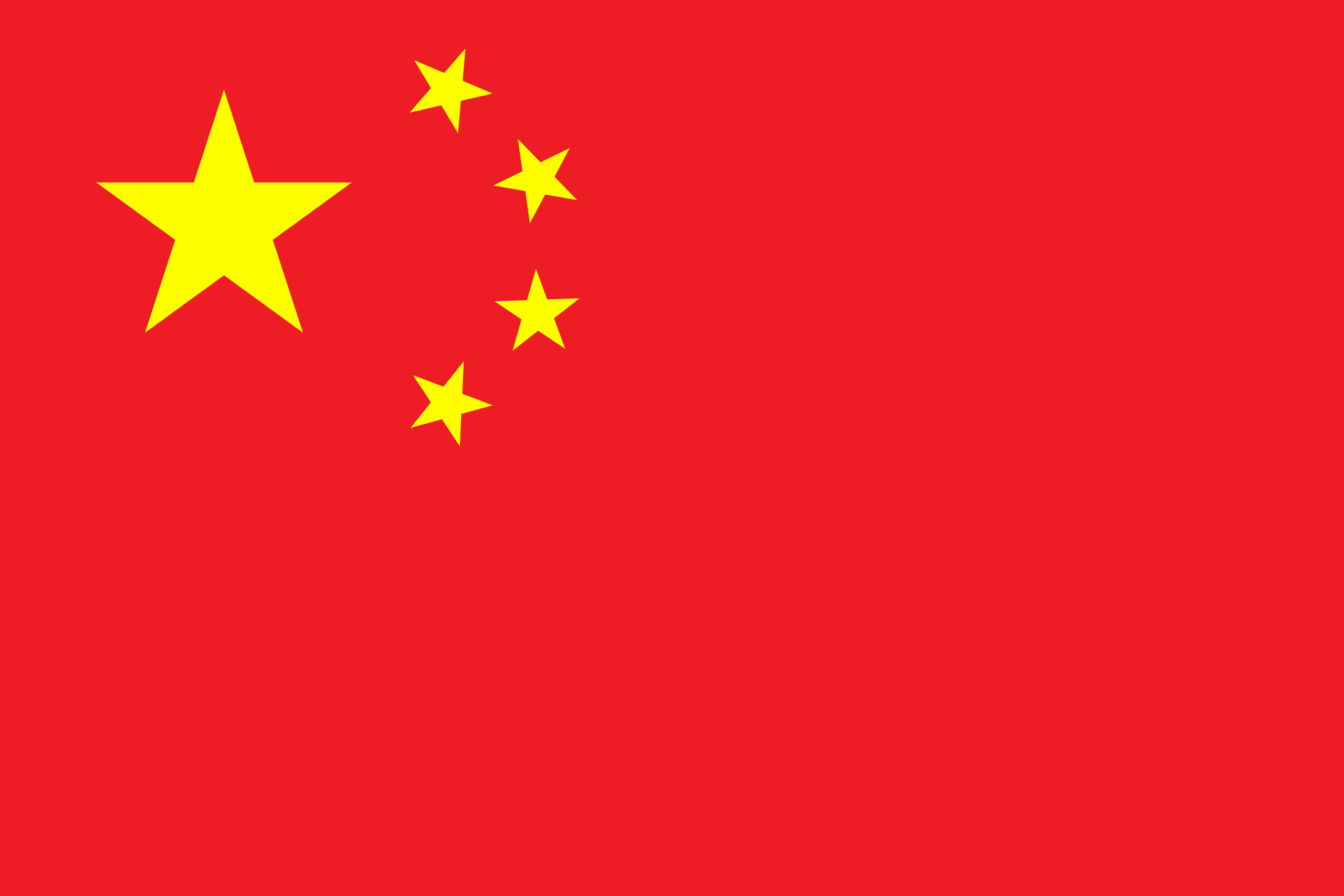Neorealism and Neoliberalism
Neorealism and Neoliberalism
Scholarship Description:
Neorealism and Neoliberalism is open for . The scholarship allows level program(s) in the field of taught at . The deadline of the scholarship is .
In the early 1980s the world of international relation studies entering new debates on world politics. It is the work of Kenneth Waltz, Theory of International Politics (1979) ,which aims to develop a scientific international theory, that provoke the debates and breeds the so called Neo-realism and Neo-liberalism school of thought. Neo-realist dominates the world of security studies and Neo-liberals focus on political economy and more recently on issues like human rights and environment.Waltz theory emphasis the importance of the structure of international system and its role as the primary determinant of state behavior. Unlike traditional Realism who views states behavior directed by its self-interested nature, Waltz argues that structure directs states conduct. The structure of the international political system is defined first by its organizing principle, which is anarchy. Where every state (as units in the system) have similar ultimate interest for survival. However, the second defining principle, units’ capabilities to pursue their interest is not equally distributed. It varies, with the more capable ones, of course, shaping the realm, posing the problems that the others have to deal with. The unequal distribution of states capabilities create states’ balance of power behavior either multipolarity or bipolarity.
The second difference between traditional realist and neo-realist is related with their view of power. For the classical Realists power was both a means and an end, and rational state behavior was simply accumulating the most power. For neo-realists power is more than the accumulation of military resources and the ability to use it to coerce and control other states in the system. The third difference is each one’s view on how states react to the condition of anarchy. To Realist, anarchy is given condition of the system and states react to it according to their size, location domestic politics and leadership quality. Whilst neo-realist suggest the anarchy defines the system and the states react to it in line with their power capabilities.
Kenneth Waltz structural realism or neorealism has had widely criticized by other scholars. Robert Cox claim that Waltz’s has sacrificed the interpretive richness of classical realism as a critical theory in order to transform it into a positivistic problem-solving theory. Cox argues that the inability of this particular approach in differentiating between times and places are the cause of major flaw in Waltz’s theory of neo-realism. Neo-realism is unable to explain structural transformation, since the positivist approach cannot account for variations whether in the basic nature of the actors (power seeking) or in their mode of interaction (power balancing).
Richard Ashley points out several weaknesses of neo-realist.
- Statism. Neo-realist denies the recognition to global collectivist concepts on transnational class relations or the interest of human kind.
- Utilitarianism. Utilitarian perspective of neorealism has undermined the notion of state as actor whose interest and interactions shape the structure of international system.
Positivism. By embracing positivist approach neo-realism disregards the value laden social action such as social consensus that may perhaps coordinate practices as well as distribution of resources.
Atomist conception. Neo-realist defines international structure not as an independent internal relation prior to and constitutive of social actors, but as a joining of states. Therefore the international structure is not established independent of the parts taken together, since it is emerged as a result of joining the parts together.
Furher, John G. Ruggie criticizes that Waltz has not only ignored changes in the density of interactions in systems, but has been too quick in assuming that the differentiation in units can be dropped as a characteristic of the structure of the international system. In the short term, states may be the dominant units and play a similar functional role, but over long periods other units may grow in importance, and roles may alter. Ruggie points to the evolution of the concept of territoriality at the end of the feudal era to illustrate such generative changes, and argues that Waltz’s theory is too static to explain such changes.
Another critics comes from Robert Keohane, a liberal institutionalism theorist. Keohane accepts basic tenets of the neo-realist argument such as, the assumption that states act rationally, and the assumption that states seek power to affect other states. However, Keohane argues that the concepts of states “maximizing power” and states creating a “balance of power” are in fact contradictory. He points out that “states concerned with self preservation do not seek to maximize their power when they are not in danger”. Keohane argues that “realism is particularly weak in accounting for change, especially where the sources of that change lie in the world political economy or in the domestic structure of states”.
Further in their book of Power and Interdependence, Keohane & Nye highlights the current interdependence feature of world politics. Interdependence refers to situations where states or actors are determined by external events in a reciprocal relationship with other states or actors, jointly limiting their autonomy. It is created through the expansion of international transactions, insofar as the costs associated with them constrain political activity. While these relationships impose costs, the benefits may exceed them. Complex Interdependence characterized at least by three features:
- Multiple channels connect societies: informal ties among governing elites, transnational actors and organizations, and formal international channels.
The agenda of international politics consists of multiple issues which are not arranged in a clear hierarchy
Military force is not used when complex interdependence prevails on a set of issues.
This Liberal institutionalism approach, however, is rejected by Mearsheimer who argues that the approach largely ignoring security issues and focusing solely on economic issues. He also points out that the approach neglecting the major obstacle in cooperation, which is the concern on relative gain.
Degree Level:
Neorealism and Neoliberalism is available to undertake level programs at .
Available Subjects:
Following subject are available to study under this scholarship program.
Achievement Scholarships for International Undergraduate Students: Engineering and Information Technology, University of Technology Sydney



